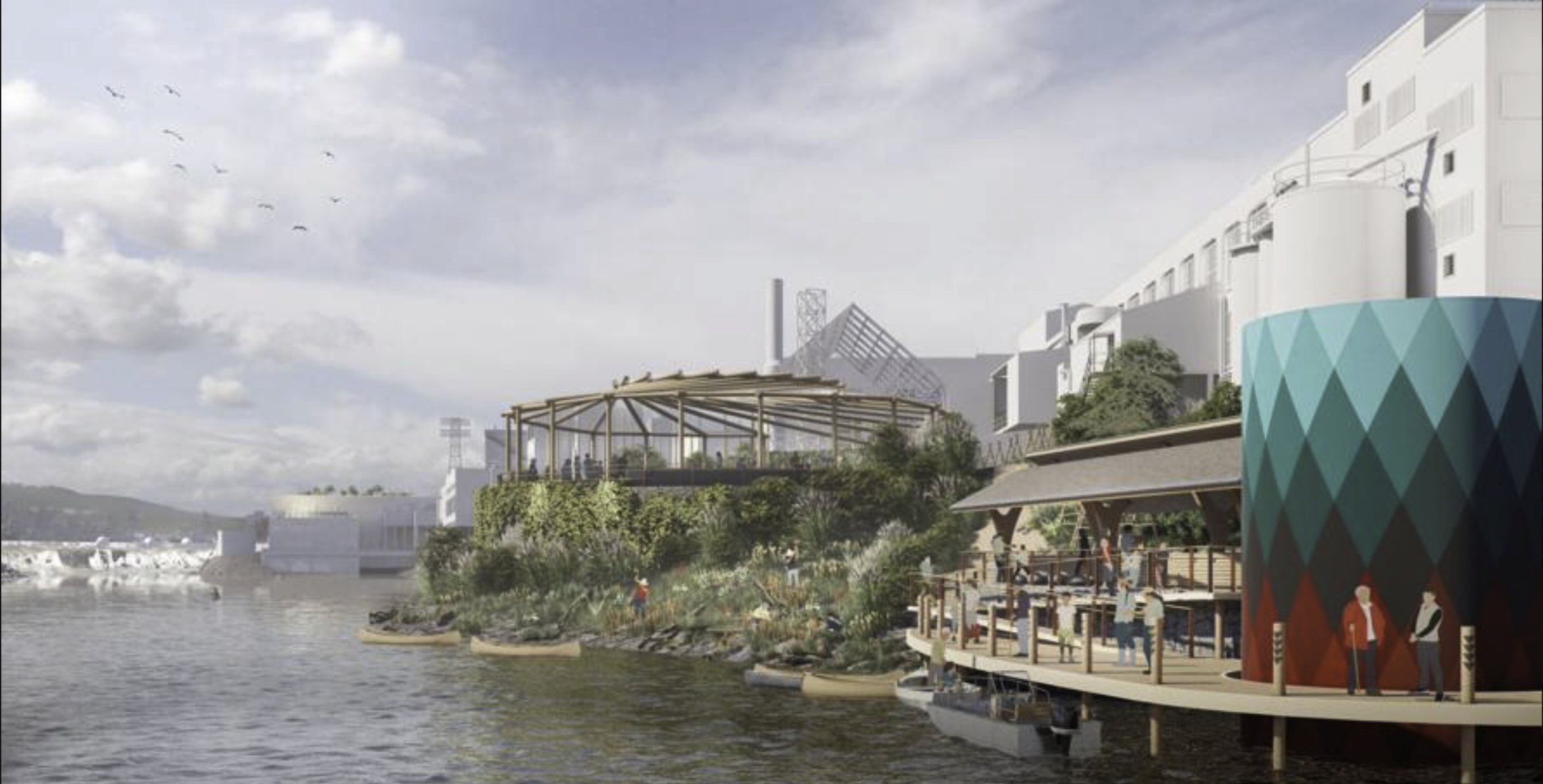Restoring Tribal Lifeways: The Willamette Falls Inter-Tribal Public Access Project
The oppression of Indigenous Peoples has always been a present issue in the United States; it is an ongoing topic of suppression based on capitalism and expansion through the means of genocide. Throughout history, the US government has been focused on obtaining land, it was only since the 1920s that Tribal Nations have been recognized and granted a semblance of the liberty promised to all. Though there have been restorations, citizenships, and revival acts, it is crucial to respect and teach Native History to show a more neutral and unbiased story of the creation of the United States. Recently, in Oregon, the state government has taken a massive step towards recognition via the Willamette Falls Inter-Tribal Public Access Project.
The Willamette Falls Inter-Tribal Public Access Project is an agreement between major Tribal nations, such as the Warm Springs and Yakama, and the Portland General Electric. Willamette Falls is the second largest waterfall (volume) in North America and has been a historic place of importance for Oregon Tribal nations due to the history of hunting and salmon fishing. Led by the Willamette Falls Trust, this project aims to recognize and restore Native Lifeways by providing access to the Falls, as it has been previously blocked due to industrialization. The Falls provide a place for indigenous spirituality, cultural practices, and food, due to factors such as pollution, legal struggles, and societal development access to the Falls has been limited. When the Portland General Electric signed a Feasibility & Cooperation Agreement, this marked a huge step towards making reparations toward indigenous tribes. The Feasibility & Cooperation Agreement will give space for public walkways, cultural and community events, and fishing rights.
From West Linn Tidings
There have already been efforts made with a similar mission, however they did succeed in the ways which were hoped. The Willamette Falls Legacy project was a joint project between the Grand Ronde, general Metro area, the Willamette Falls Trust, and the Oregon city government. Originally starting in 2015, millions were set aside for the realization of this idea however a lack of progress by 2021 caused the withdrawal of the Grand Ronde. Though plans may be made, followthrough is not guaranteed. We can only hope for this dream to be fully seen through and for the indigenous people of Oregon to reclaim their cultural rights and land.
With indigenous culture slowly being lost, revitalization efforts such as these are crucial. The loss of such a sacred cultural place embodies the wounds (both physical and emotional) that the United States has inflicted on indigenous people since the time of colonization. Acts such as these work as a function of reconciliation and acknowledgement of the historical injustice faced by tribal nations. This is a step towards the future that will hopefully lead to further indigenous stewardship of cultural lands.
